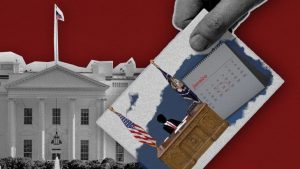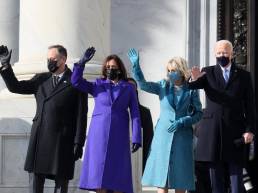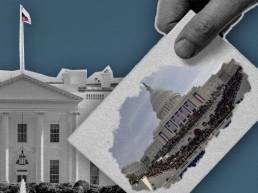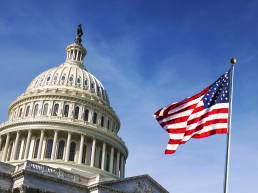In this week’s edition of the Observador Newsletter – To the White House, journalist João Francisco Gomes analyzes the power of the White House to apply changes in the first days of the new President and the historic, and growing, use of presidents to executive orders to implement policies without Congress approval.
When they are the opposition, all parties rise up against the use of executive orders, a kind of governing by decree available to all presidents and that allows them to legislate without passing congress. When they’re in power, no one resist using them.
Recently, it was so with Barack Obama, Donald Trump and now Joe Biden. This instrument allows the President to make changes quickly, regardless of whether or not he has the votes in Congress to implement these policies. However, its scope is limited in the type of changes it can make (it cannot, for example, approve a budget) and, in particular, leaves these changes subject to the will of the next President, whom can quickly undo, also with an executive order, what his predecessor approved using this instrument.
Policy making becomes less consistent, more subject to those who are in the White House and, also, less lasting than if it were done through congressional approval.
Joe Biden is not different from his predecessors in that sense. In his first three days alone, he approved 30 executive orders, 10 of which were direct reversals of Donald Trump’s decisions, such as the US participation in the Paris Agreement. But what implications will this strategy have on the future of American politics and on the discourse of unity and bipartisanship promoted by the new President?
Read Observador’s journalist analysishere, along with an interview with Portuguese Congressman Jim Costa, who talks about the attack on the Capitol when the Congress was in session certifying the November elections.
To subscribe to the newsletter and receive every Monday in your email, see how in this link.

Related Posts
21 de January, 2021
‘América Vinte Vinte’: Biden’s inaugural adress and first decisions
This week, Nuno Severiano Teixeira,…
18 de January, 2021
Observador Newsletter: Why does the inauguration matter?
The importance of the new president's…
14 de January, 2021
‘América Vinte Vinte’: Trump’s second impeachment and Biden’s start
This week, Professor Teresa Botelho and…



